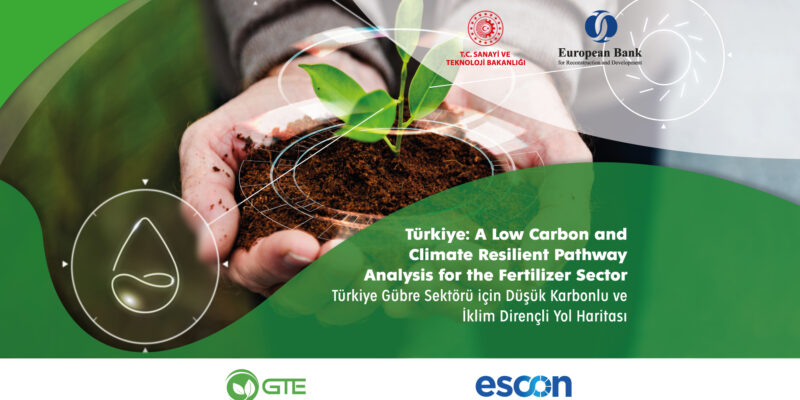The project “BIOMEDPACK: Shelf-life Enhancing Packaging Systems for Mediterranean Food through Innovative and Circular Solutions,” coordinated by the University of Córdoba (UCO), is supported under the PRIMA (Partnership for Research and Innovation in the Mediterranean Area) program. In addition to GTE, the consortium includes The International University College of Turin (UNITO), Université de Sfax (USS), UM6P – University Mohammed VI Polytechnic, Université de Fribourg (UFR), University of Constantine 1 (UFMC1), Cadi Ayyad University (UCA), and Computomics (COMPU).
The project aims to develop sustainable packaging and bio-preservation solutions through a circular approach specific to Mediterranean food systems, by valorizing lignocellulosic and bioactive components of agricultural by-products. Supported by food microbiome information and computational techniques, these innovative packaging solutions improve the shelf life of Mediterranean food products through the synergistic combination of bio-based polymers and bioprotective agents, while also considering the nutritional value of edible packaging.


